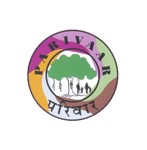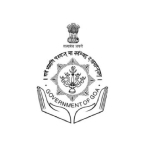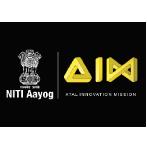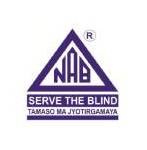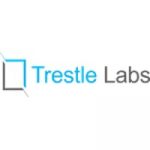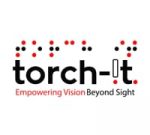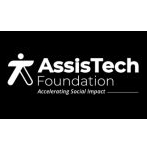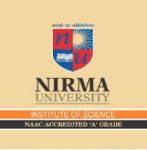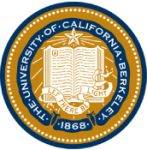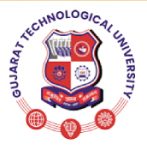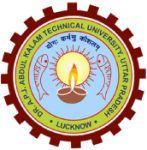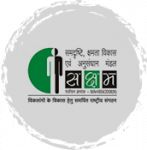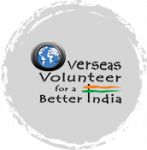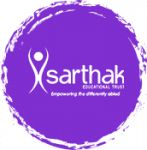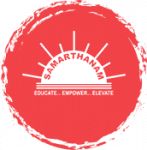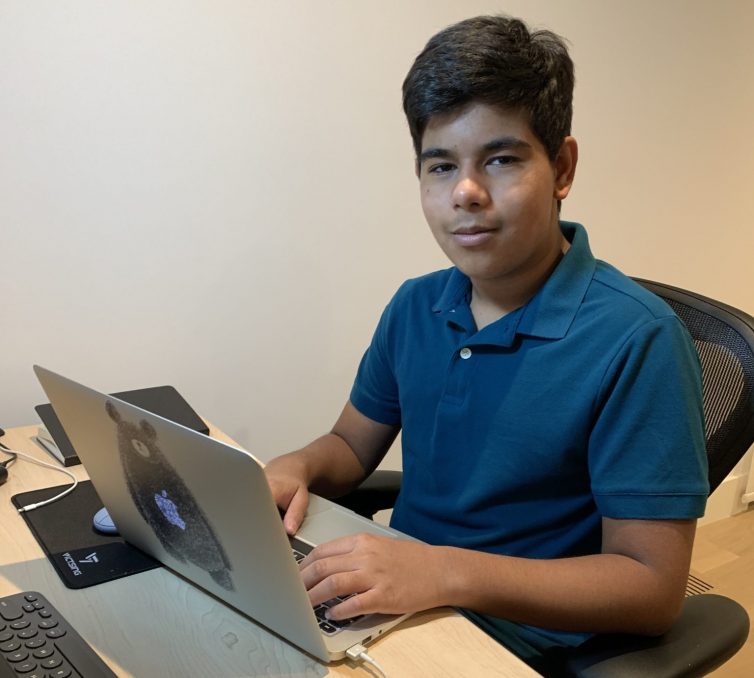
Tenth grader Rohan Kaushikan, one of the winners of the hackathon held by the California-based Voice of Specially Abled People(VoSAP), says growing up he saw his specially-abled aunt face hardships when getting out of the car or crossing the road and decided to build AI and camera-based real-time Wheelchair and Cane Detection System that increases traffic light timer for safe pedestrian crossing.
VOSAP, a non-profit in the disability sector observed its annual event on December 3 to celebrate UN’s International Day of Persons with Disabilities.
The virtual event was attended by VoSAP volunteers and supports from US and India and it was during the event top 10 winners of the International Assistive Technology Hackathon was announced.
The founder of VoSAP, Pranav Desai told Indica, that the other nine winners are India-based and the top three winners will be announced on January 7, 2023. The first prize winner will receive $1000.
Rohan, a student at Menlo-Atherton High School in Atherton, California, told indica his aunt has polio and she connected with VoSAP’s Ignite Program last August.
“VOSAP Ignite is designed to encourage young students to volunteer and strengthen the VOSAP mission of helping and promoting the empowerment of Specially Abled People.
25 motivated and compassionate students who are currently studying in 9th, 10th, 11th, or 12th grade are selected after 2 months of a rigorous process of applications, screening, and selection for the Ignite program across High Schools of North America for 9 months of intensive volunteering program.
It will help encourage students to learn about disability, build a network, volunteer, and promote empathy and sensitivity in students towards Persons with disabilities and to nurture virtue of ‘Individual Social Responsibility.
Selected students who are US citizens or Permanent residents are eligible for receiving the President’s Volunteer Service Award (PVSA) under the VoSAP volunteering program.”
“Rohan is also a recepient of President’s Volunteer Service Award(PVSA) this year for his engangement in the volunteering tasks with VoSAP’s Ignite Program.”
“I wanted to help people like her because I have seen the difficulties she faces,” Rohan said. “I wanted to help the specially-abled community.”
One of his tasks was to find a public building and rate it on a scale of 1 to 5 on how accessible it is for specially-abled people; whether there is an accessible wheelchair ramp. He looked at restaurants, temples, and business places.
“I learned that small changes can go a long way in bettering the lives of specially-abled people,” he said, and added, “I learned a lot about our society and how I can help improve it.”
He said the Ignite project was Silicon Valley focused because some of its buildings lack ramps for specially-abled people, “but I also saw the same in Europe and in India.”
“Here, a majority of the locations are accessible but I was surprised there are a few banks [in downtown Palo Alto] that are not accessible,” he said. Also, temples. “I visited Hindu temples in the Bay Area,” he said.
Rohan’s project is called Smart Traffic Light. It uses AI for image classification. Normally, when a pedestrian crosses the street there is a fixed time. A specially-abled person, however, will take longer to cross. “My solution was to have a camera that identifies pedestrians using wheelchair or a cane, and automatically increase the time.”
Rohan said he is trying to find whether such a traffic signal is available anywhere in the US. He said such systems are used in Canada, but he is not sure of the Bay Area.
He said since cameras are already installed at traffic intersections, the video feed can be sent to a control center in real time, where my model will determine whether or not to increase the time of the green signal for the person to cross.




